CONTACT US: 0919 058 5858 | 02 899 51920
CONTACT US:
0919 058 5858 | 02 899 51920
Be honest – do you instinctively reach out for cotton buds after a bath to clean your ears? Many Filipinos have this habit, passed on from parents and grandparents. We often hear them say, “Huwag mo kalimutan linisin ang tenga mo.” (Don’t forget to clean your ears.) But what many don’t realize is that overcleaning and use of cotton buds can irritate and infect the ear canal.
Ear infection is more common than we think. According to the Healthline, it can happen to people of all ages, especially children. Many individuals experience ear discomfort, discharge, or temporary hearing loss without realizing that these can be symptoms of an ear infection. While mild infections can clear up on their own, others can lead to damage and complications if left untreated. Being aware of the symptoms early on can make a big difference — helping you know what to do next before the condition gets worse.
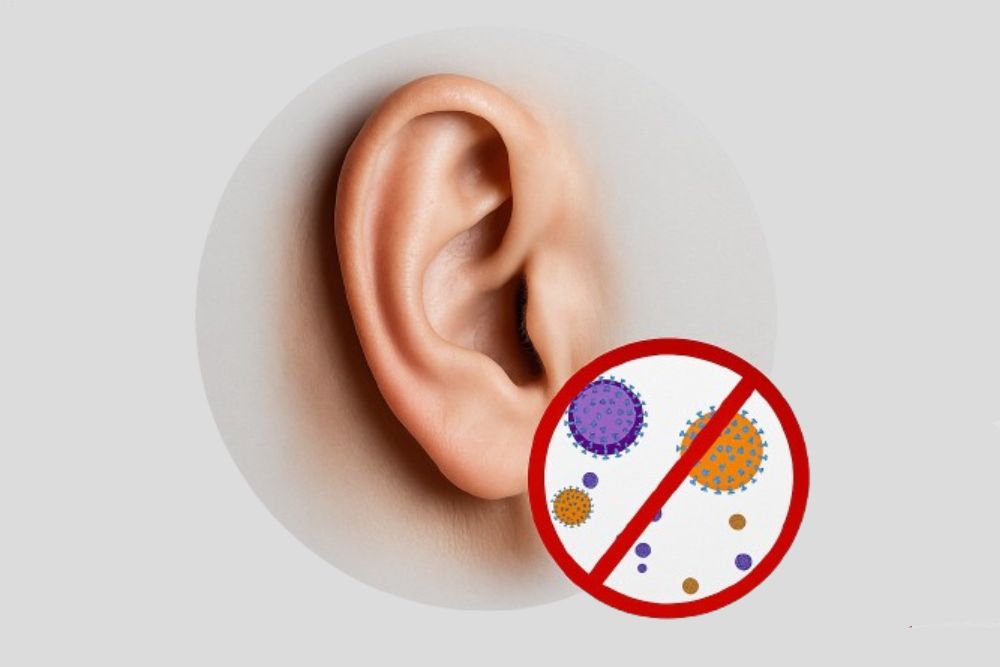
An ear infection happens when germs — such as bacteria or viruses — enter and affect the ear. According to the Mayo Clinic, it often develops after a cold or respiratory illness. These conditions can cause the narrow tubes that connect the middle ear to the back of the throat to become swollen or blocked. When that happens, fluid or mucus can’t drain properly and starts to build up in the middle ear, which could result in an infection over time.

Important reminder: If you notice discharge coming from your ear, never insert anything into the ear canal to avoid inflicting further injury and delay healing.
Health Tip: Avoid self-medicating with ear drops or antibiotics without a doctor’s advice. Using the wrong treatment can delay healing or make the infection worse.
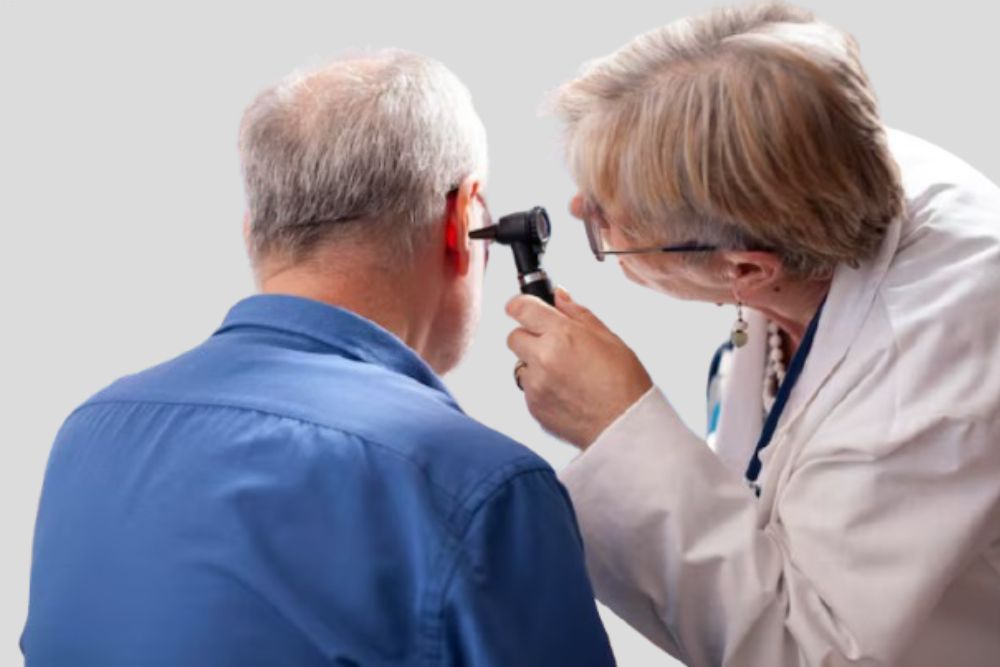
Seek medical attention if you experience:
In some cases, when standard treatments don’t fully clear the infection, a minor surgical procedure may be needed to help drain the trapped fluid.
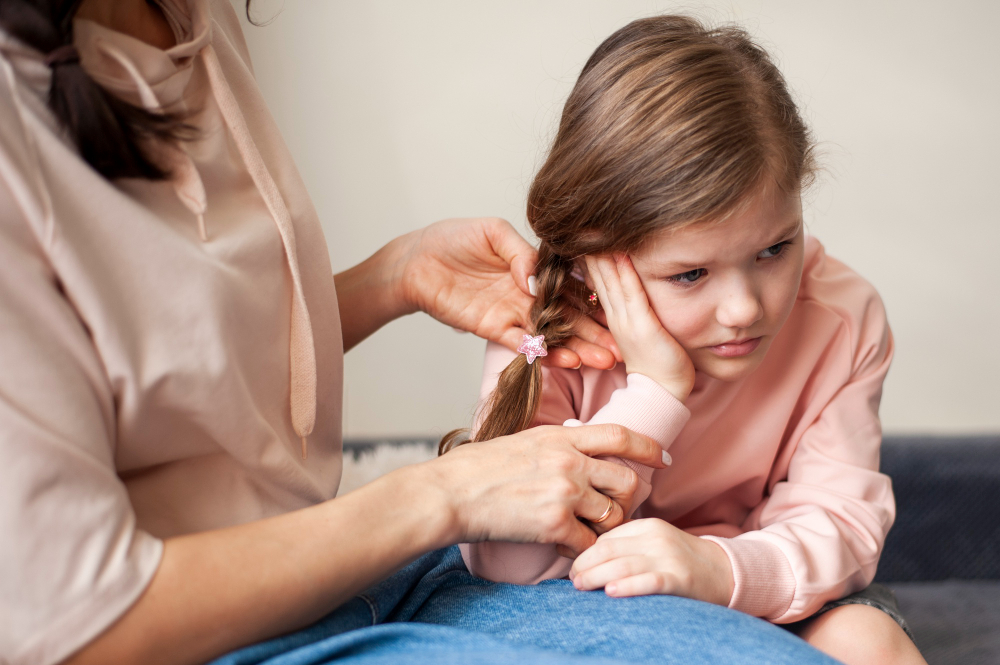
Babies and toddlers cannot always express what’s bothering them, so it’s important for parents and caregivers to watch for behavioral changes and physical signs that might indicate an ear infection. Keep an eye out for these common symptoms:
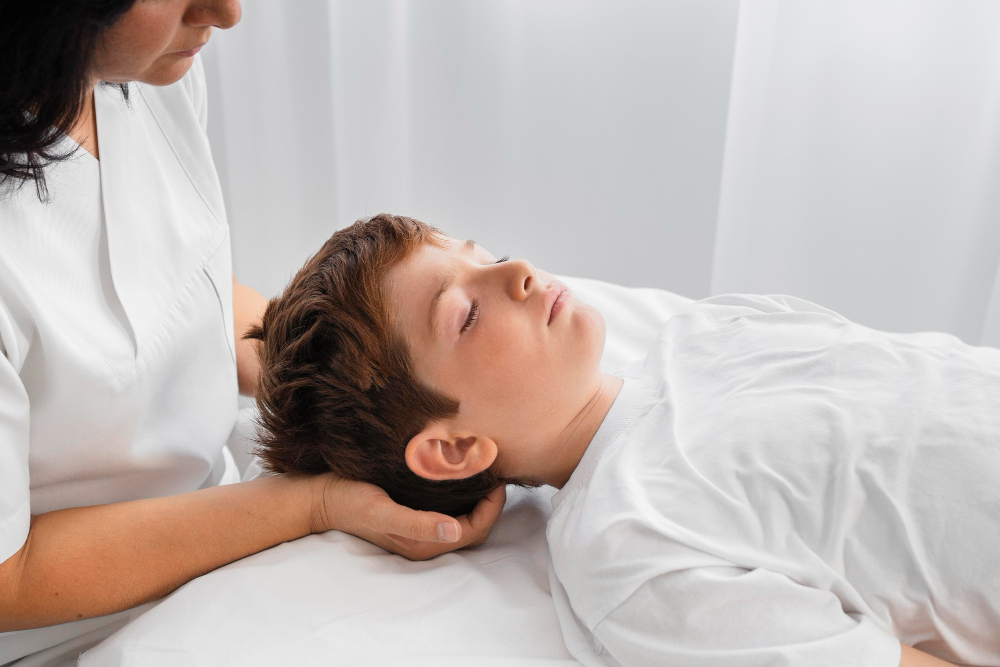
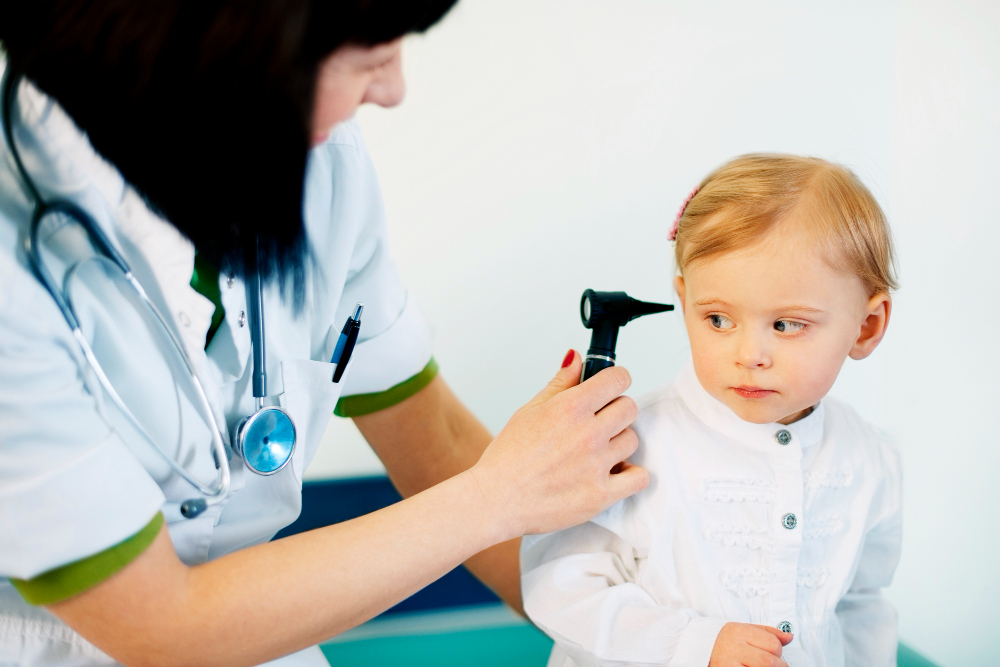
The treatment for your child’s ear infection will depend on several factors, including their age, the nature of infection, and how serious it is before deciding on the best approach. If your baby is younger than three months and develops a fever of 38°C or higher, seek medical attention right away. At this age, even a mild fever can be a sign of infection that needs prompt care.
A trusted healthcare family plan Philippines gives you access to consultations, including specialist evaluation – like an Ear, Nose, and Throat (ENT) doctor. If your child shows signs of severe pain, fluid discharge, or hearing problems, don’t delay seeking help to prevent complications.
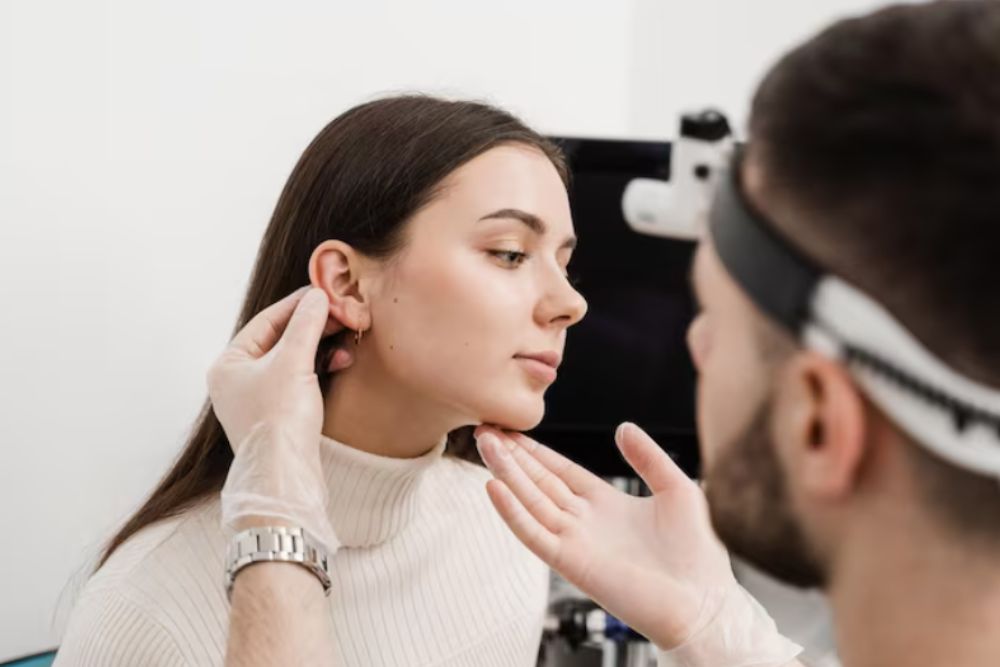
The treatment for your child’s ear infection will depend on several factors, including their age, the nature of infection, and how serious it is before deciding on the best approach. If your baby is younger than three months and develops a fever of 38°C or higher, seek medical attention right away. At this age, even a mild fever can be a sign of infection that needs prompt care.
A trusted healthcare family plan Philippines gives you access to consultations, including specialist evaluation – like an Ear, Nose, and Throat (ENT) doctor. If your child shows signs of severe pain, fluid discharge, or hearing problems, don’t delay seeking help to prevent complications.
Your ears keep you connected to the world around you. That’s why taking care of them should be a priority. Ear infections may seem minor at first, but ignoring symptoms like ear pain, ear discharge, or temporary ear loss can lead to more serious problems.
If you or your child exhibit signs of ear infection, it’s best to consult a doctor for proper assessment and treatment. For peace of mind, having a prepaid emergency health card Philippines gives you access to quality medical care when you need it most. Remember that timely care is essential to overall wellbeing.

Easy access health plan options for the Filipino community.
We know finding the right healthcare plan can be a complex and confusing task.
Our health plan specialists are always here to help 24/7.
Got more questions?